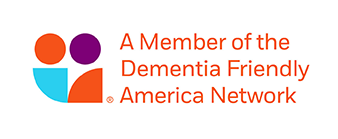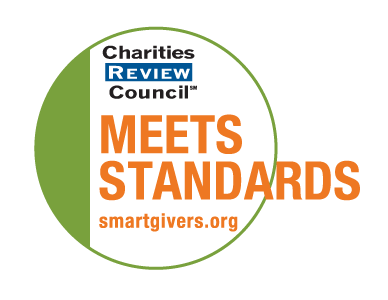About Dementia
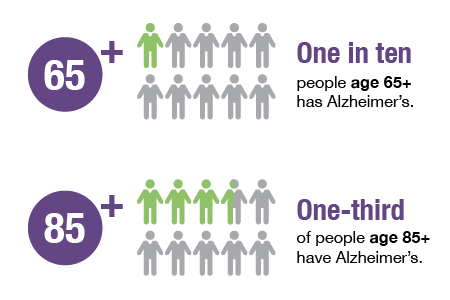
Why We Must ACT
- Approximately 99,000 Minnesotans age 65+ are living with Alzheimer's.
- One in ten people age 65 and older has Alzheimer's disease.
- About 32% of people age 85 and older have Alzheimer's disease.
- The annual number of new cases of Alzheimer’s and other dementias over age 65 is projected to triple by 2050.
- Younger onset Alzheimer’s, occurring in people under age 65, is also on the rise.
Facts and Figures
Alzheimer's Disease Facts and Figures, an annual report released by the Alzheimer's Association, reveals the burden of Alzheimer's and dementia on individuals, caregivers, government and the nation's health care system.
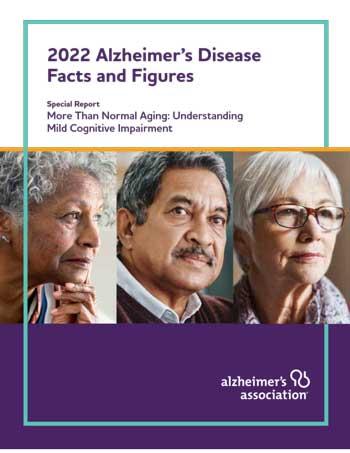
Disparities in Prevalence and Care of Dementia
Older Black and Hispanic Americans are more likely to have dementia than older white Americans. Conditions and diseases such as high blood pressure, stress and diabetes, that increase the risk of dementia are more prevalent in the Black community. Poverty, racism and lack of access to adequate housing and services contribute to the higher incidence for Black and Hispanic older adults.
According to the Alzheimer's Association's 2022 Facts and Figures, 19% of Black and 14% of Hispanic adults age 65 and older have Alzheimer’s dementia compared with 10% of White older adults.
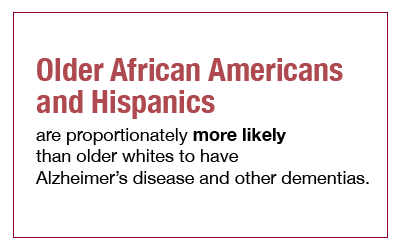
The Cost of Dementia
As more and more Minnesotans live with Alzheimer’s disease and other dementias, the costs and challenges can be overwhelming for them, their families, our communities and our state.
- The cost of caring for those with Alzheimer’s and other dementias is estimated to total $259 billion in 2017, increasing to $1.1 trillion (in today’s dollars) by 2050.
- Many individuals with Alzheimer’s live alone and are at greater risk for inadequate self-care, malnutrition, untreated medical conditions, falls, wandering and accidental deaths.
- Nearly 251,000 Minnesotans care for family members with Alzheimer’s disease and dementia. These caregivers provide 286 million hours of unpaid care, valued at $3.6 billion yearly.
- The physical and emotional impact on caregivers results in $10.9 billion in health care costs annually, including $186 million for Minnesota caregivers.
Importance of Early Detection
Timely detection and diagnosis of Alzheimer's are critical for improving the physical, emotional and financial impacts of the disease. Unfortunately, medical providers do not routinely assess the cognitive health of their patients, leading to delayed Alzheimer’s diagnosis and post-diagnostic care.
Currently, less than 35 percent of people with Alzheimer’s disease and related dementias have the diagnosis documented in their medical record.




